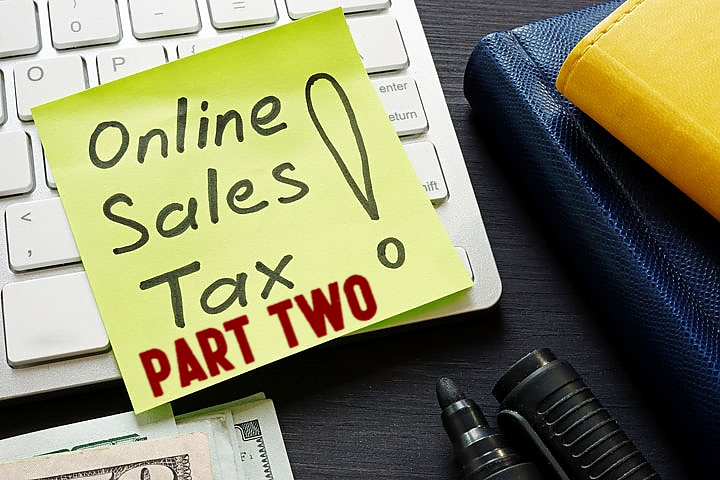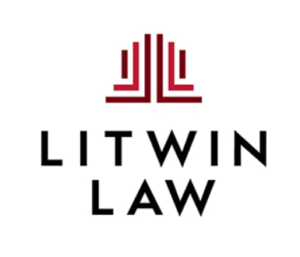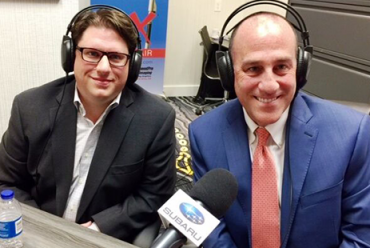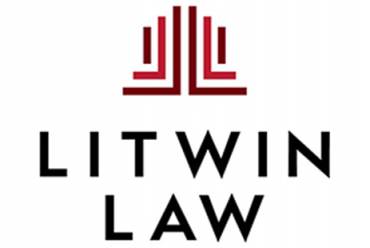Remote Seller Sales/Use Tax Obligations to Other States – Ten Takeaways from 2020 – Part Two (Takeaway Points 6 through 10)
Businesses that make sales to customers in other states must monitor and comply with other states’ economic nexus laws – laws that require collection and reporting obligations that did not otherwise exist prior to 2018. This two-part article (read Part One here) covers key takeaways from our experiences in dealing with economic nexus matters in 2020, through representing remote sellers that sell products or services to customers in other states.
This article contains points six through ten. The first article, posted on January 5, 2021, can be found here and addresses (1) how Wayfair emboldened the states, (2) why remote sellers should start complying with economic nexus laws, (3) why 2021 is the year to get into compliance, (4) obligations for wholesalers and other sellers to resellers and (5) timing for registering upon reaching the state’s economic-nexus thresholds. This Part Two examines takeaway points six through ten.
Point 6 – Rolling or Trailing Nexus. A remote seller may reach the threshold for a particular state in 2019 but, as a result of decreased sales to customers in the state, may not reach the threshold in 2020. Many state economic nexus laws do not require a remote seller to continue collecting the state’s sales/use taxes, if sales for the year drop below the annual threshold. A remote seller that does not meet the threshold in a year after registering and collecting sales/use tax for a state may be allowed to de-register with the state and cease collecting the state’s sales/use tax.
Point 7 – Remote Sellers that use Marketplace Facilitators. Most state economic nexus laws now apply to marketplace facilitators. A remote seller that uses marketplace facilitators to sell the remote seller’s product should confirm that the marketplace facilitator collects the sales/use tax. In addition to making sales through a marketplace facilitator, the remote seller may also make direct sales at the seller’s Web site. Thus, the remote seller makes sales from its own Web site, and a marketplace facilitator makes sales of the remote seller’s product from the marketplace facilitator’s site. In most cases, in determining whether the remote seller has reached the “$100,000 in sales or 200 transactions” threshold for a state, the remote seller does not have to include the marketplace facilitator’s sales of the remote seller’s product. This, however, does not necessarily relieve the remote seller from the obligation to report the marketplace facilitator’s sales on the remote seller’s sales tax returns filed with the state. Some states require the remote seller to report as “gross sales” — all sales (the remote seller’s direct sales and marketplace facilitator sales). Generally, in computing the remote seller’s taxable sales, the remote seller can deduct marketplace facilitator sales.
Point 8 – “Physical Presence” Nexus Still Exists. This article focuses on remote sellers that have no physical presence in the state to which the remote sellers sell product/services. This article does not address classic/traditional physical presence. The physical presence standards that existed pre-Wayfair have not disappeared. Thus, a remote seller that has physical presence in a state (i.e., employees living in the state, independent sales representatives soliciting customers in a state, office in the state or storing property in the state) has physical presence and must collect the state’s sales/use tax regardless of the economic nexus laws. Moreover, and often overlooked, a marketplace facilitator that stores the remote seller’s product in a state, no matter how much or how little stored, creates physical presence in the state for the remote seller. The remote seller may make direct sales (perhaps from the remote seller’s Web site) to customers in a state where a marketplace facilitator stores the seller’s product. Having inventory in another state, regardless of the fact that the inventory is housed in a marketplace facilitator’s warehouse, gives the remote seller physical presence in the state where the inventory is stored. Physical presence nexus in a state triggers sales/use tax collection obligations to the state. The seller’s direct sales to the state may not reach the economic-nexus thresholds, but the seller has inventory in the state and, thus, physical presence in the state. The seller must collect the state’s sales/use tax on any direct sales to customers in the state.
Point 9 – Remote Seller’s Inventory Creates “Physical Presence” Nexus for Income and Net Worth Tax. Many remote sellers use marketplace facilitators to make sales. Marketplace facilitators require the remote seller to send product to marketplace facilitator distribution centers in other states. Having inventory in other states results in nexus (perhaps unintended) with the state where the marketplace facilitator stores the seller’s product. As noted above, physical presence triggers sales/use tax collection obligations. Physical presence also triggers income tax and net worth tax obligations. A seller in Georgia should monitor the states in which the marketplace facilitators store the seller’s inventory. Most marketplace facilitators provide monthly reports that show the warehouses where the marketplace facilitator stores the seller’s product. A seller that has physical presence in another state is expected to file income tax returns and net worth tax returns with that state.
Point 10 – Purchasers must Pay Use Tax if the Seller Does not Collect – The focus here is on the purchaser’s vantage point. Some purchasers claim that “if the seller does not charge sales/use tax, then we do not have to pay it.” This is not true. A remote seller is not obligated to collect sales/use tax until the remote seller hits the thresholds. If a remote seller does not collect the tax, then the purchaser must accrue and self-report the tax. Indeed, a remote seller’s failure to collect sales/use tax on your business’s purchase of product from the remote seller does not dismiss your business from accruing, reporting and remitting the applicable sales/use tax. Most sales/use tax audits of businesses include a review of purchases from remote sellers. Therefore, if the remote sellers does not charge sales/use tax and the purchaser cannot prove that it is either exempt from tax or that the purchaser self-reported and paid the tax, then the auditor will assess the tax against the purchaser.
Conclusion. A remote seller that has made sales to other states, that has reached the thresholds for economic nexus or has physical presence nexus should address the problem now, before the state taxing agencies issue notices. If the remote seller is eligible, then the remote seller can contact the state anonymously. Through the state voluntary disclosure programs, the remote seller can come forward, register, pay any back taxes and interest and begin filing sales/use tax returns. Most programs have a limited lookback period of 36 months (some have longer lookback periods). In light of the pandemic, many states now offer payment plans, to give the remote seller more time to pay the back taxes and interest. After the seller completes all terms under the voluntary disclosure agreement, the state taxing agency waives penalties. A remote seller that has not registered cannot and should not bypass the state’s voluntary disclosure program by registering “effective today” or “effective going forward.”
Litwin Law represents individuals and businesses in state and local tax matters. Litwin Law deals with a variety of issues that arise during audit and during protest and appeal to the state taxing agencies across the country.
For over 30 years, as a recognized Super Lawyer since 2008, as a recognized U.S. News & World Report “Best Lawyer” since 2010, and as a U.S. News & World Report Best Lawyers 2021 Lawyer of the Year, for “Litigation and Controversy – Tax,” Richard Litwin has devoted his practice to multistate tax, state and local tax, and tax controversies.
Note: “Pass the SALT” is a blog of The Litwin Law Firm, P.C., d/b/a Litwin Law, and is dedicated to sharing views and ideas on state and local taxation. This document is an overview and summary of state and local tax obligations. This document is not intended to be, nor should be interpreted as, legal advice. For legal advice, the reader should contact an attorney.
Credits: The Hero image has Royalty Free License. Sourced from: https://yayimages.com/30282682/online-sales-tax-on-a-keyboard-and-money.html









